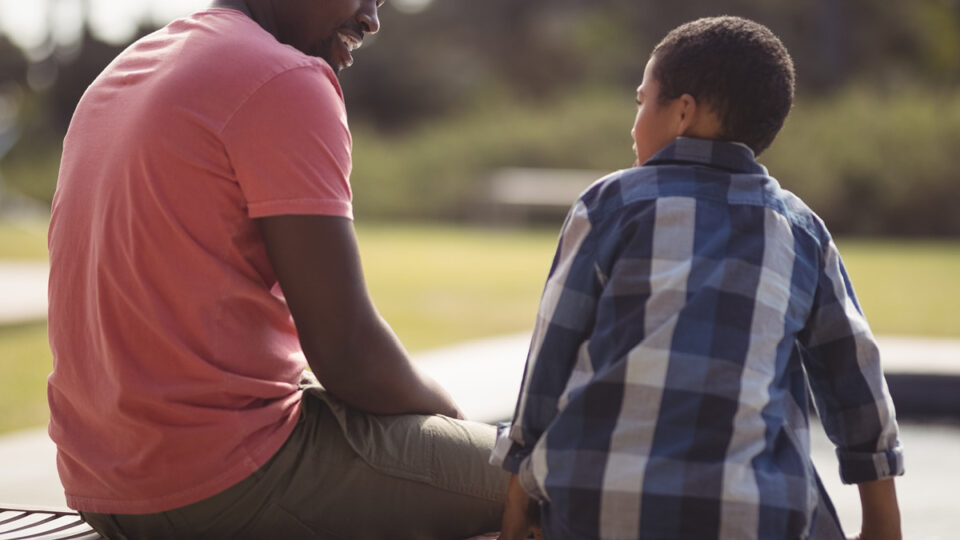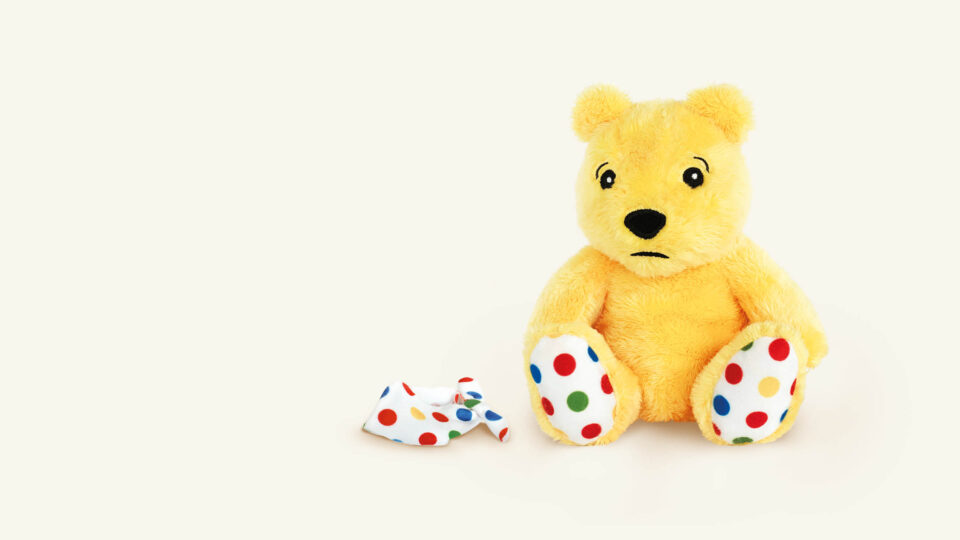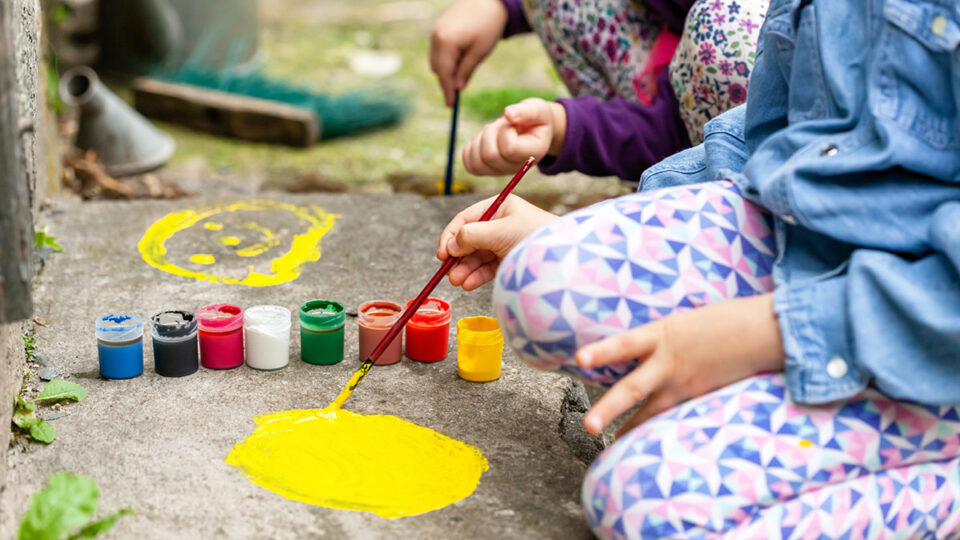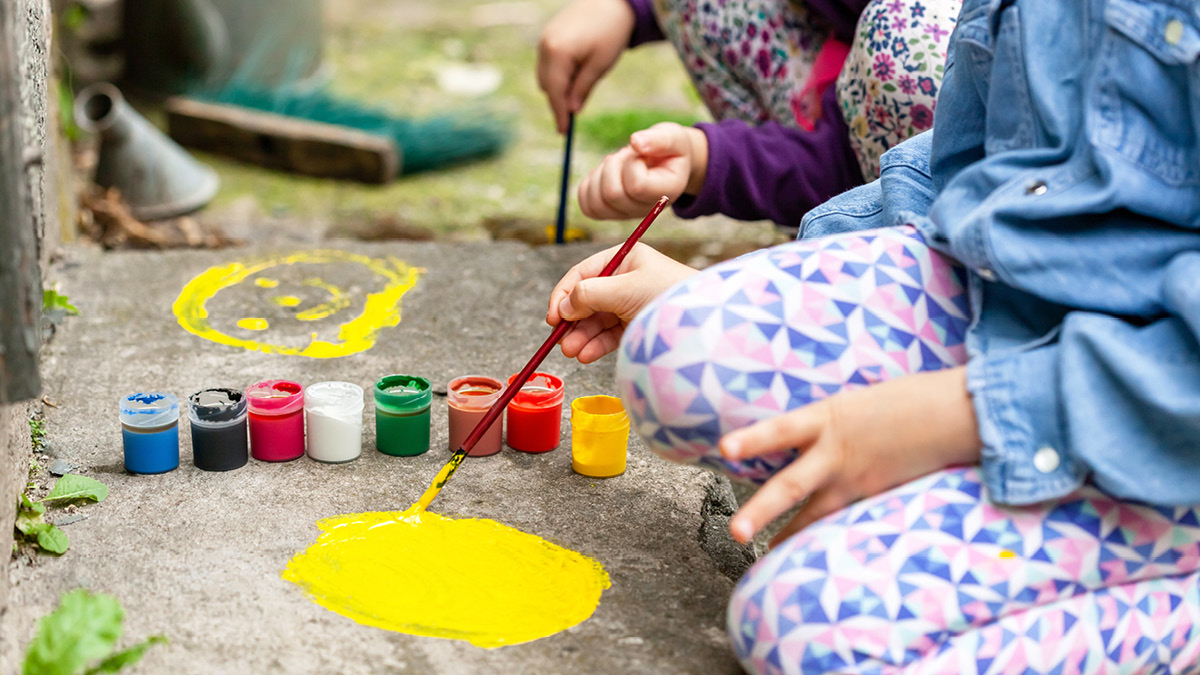
Why conversations are a brilliant way to keep a child’s mental health on track
Many children and young people are already or will, experience challenges to their mental health. There are ways we can all help them to cope. It may seem like a simple ask, but having a trusted adult who engages in supportive, open conversations with children and young people, is a great way to support keeping their emotional wellbeing on track.
BBC Children in Need know that taking early steps to support children and young people’s mental health can help them when they begin to experience challenges, before things worsen. Through BBC Children in Need’s mental health programme, A Million & Me, we learned that this is particularly important for those going through the transformative years of 8-13, as it’s during these years that many concerns around emotional wellbeing first emerge.
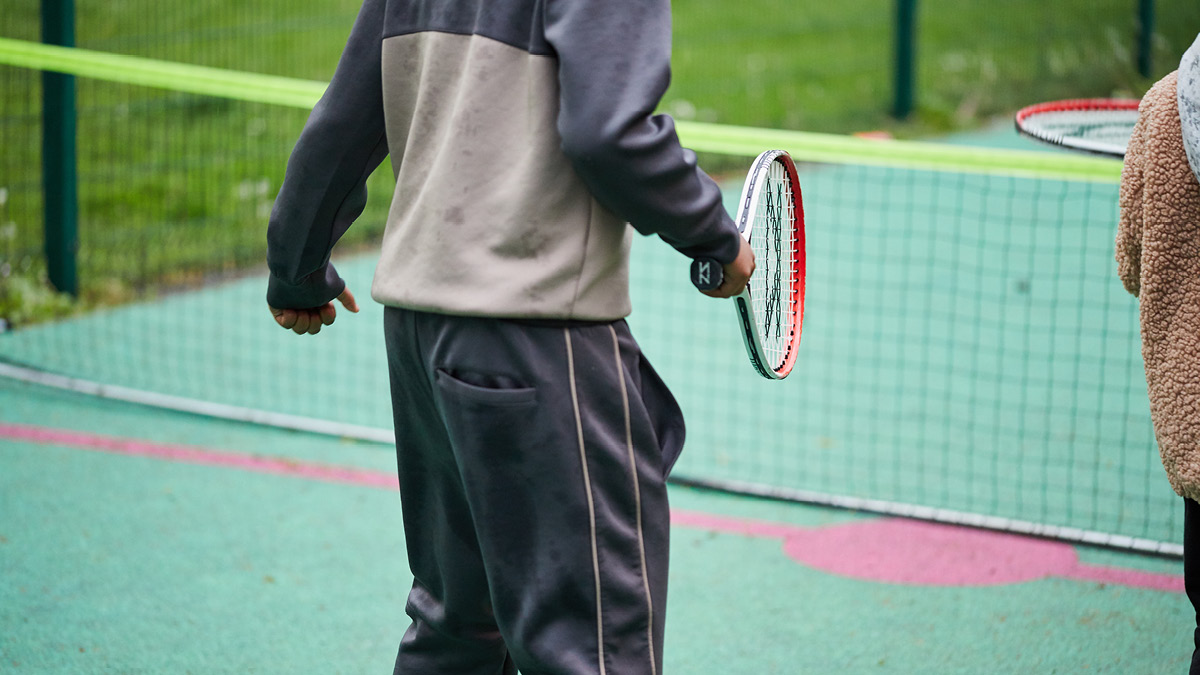
Emotional wellbeing of young people is at the heart of what we do here at BBC Children in Need, with the majority of funded projects helping children and young people to build positive relationships and to have conversations that support their emotional wellbeing. These projects range from having fun and enjoyment at an after-school sports club to exploring the management of feelings during a drama therapy session to dealing with the effects of distress through a group therapy programme. But it’s not just formal youth work settings that provide young people with trusted adults, it could be a family support worker, a playworker, or a parent/carer. All of these trusted adults play a key role in the system of children’s mental health.
Conversations help young people to acquire the emotional language to talk about the things that matter to them and explore how they are feeling. We know that young people value positive relationships with trusted adults, whether that’s at home, in the classroom or in the community. It’s through these positive relationships that young people can engage in conversations about emotional wellbeing so that they know who to turn to when they need to seek help. It’s important young people feel equipped to do this before things escalate.
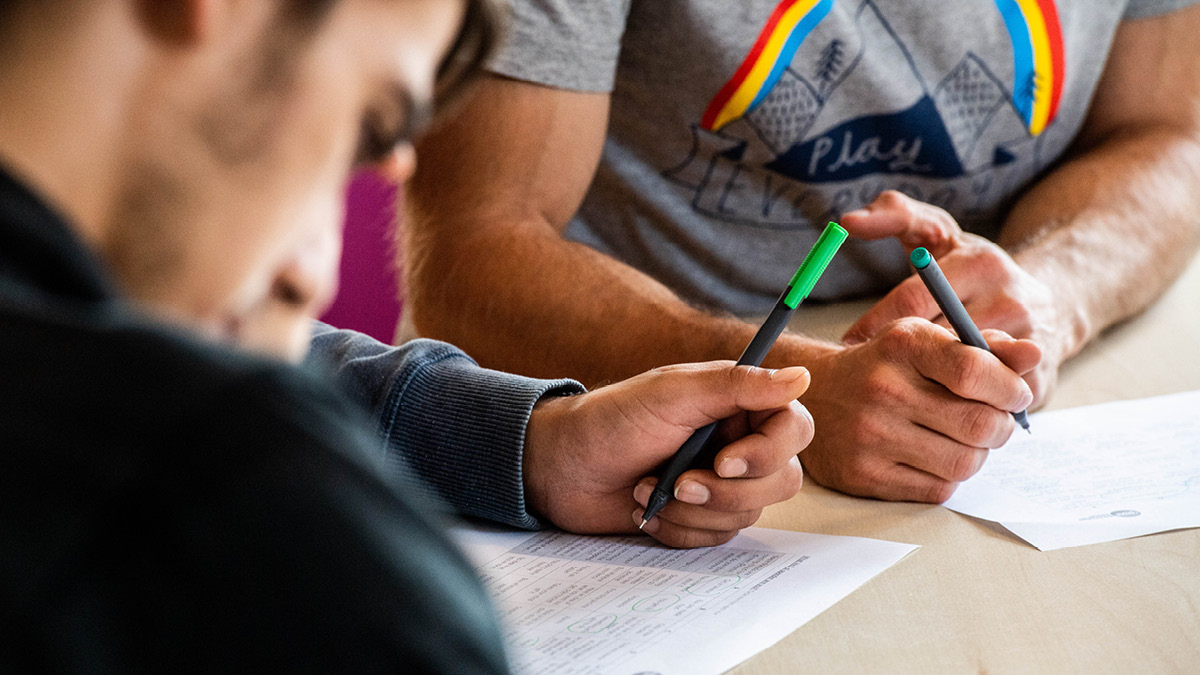
Just like adults, young people can have daily worries. Starting a conversation and helping young people to work out problems by talking about them, can contribute to feelings of resilience – a key strength we all need to cope with life’s adversities. Listening to how young people feel and supporting them to help-seek when they need it, can all begin with an ordinary conversation.
We believe that there is power in these ordinary, supportive conversations with young people which can take place through every day, positive relationships with trusted adults. It’s never too early to start a conversation about feelings and trusted adults should be reminded to have the confidence to do just that… Just ask.
